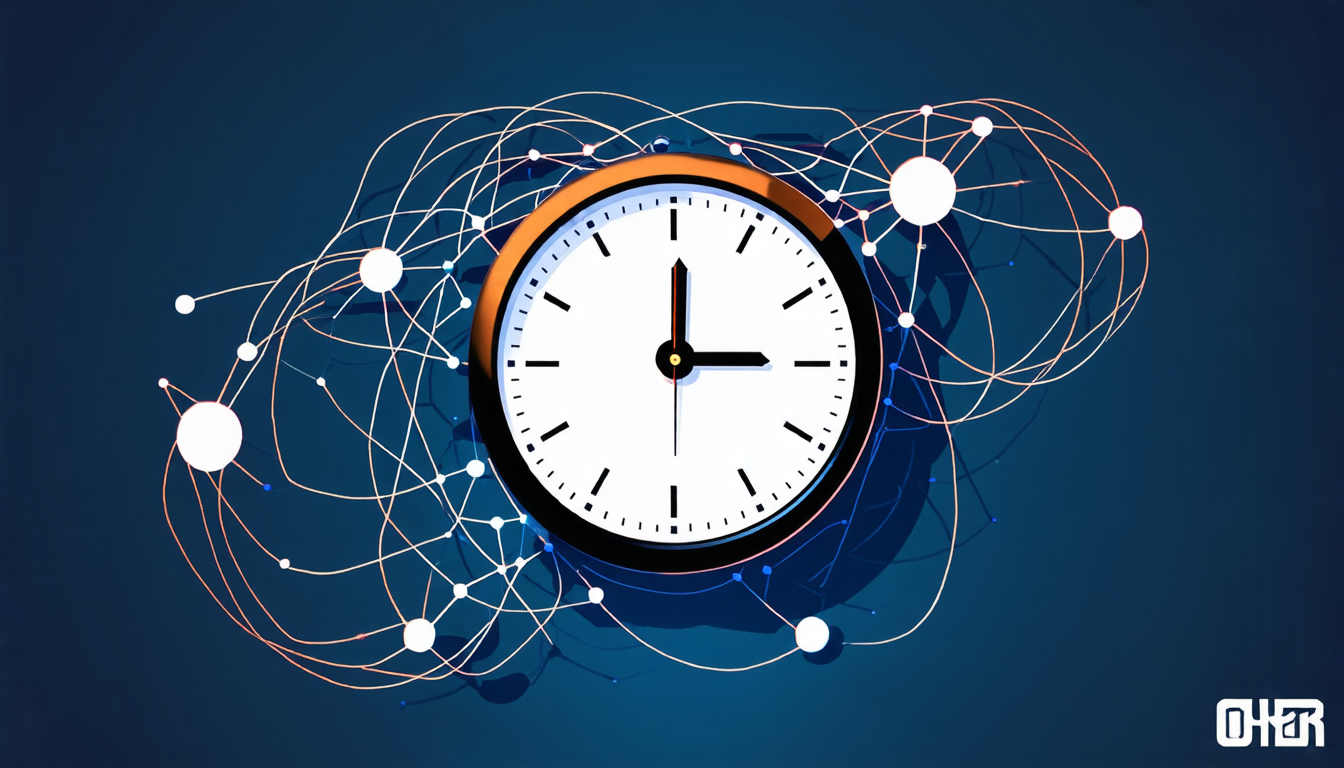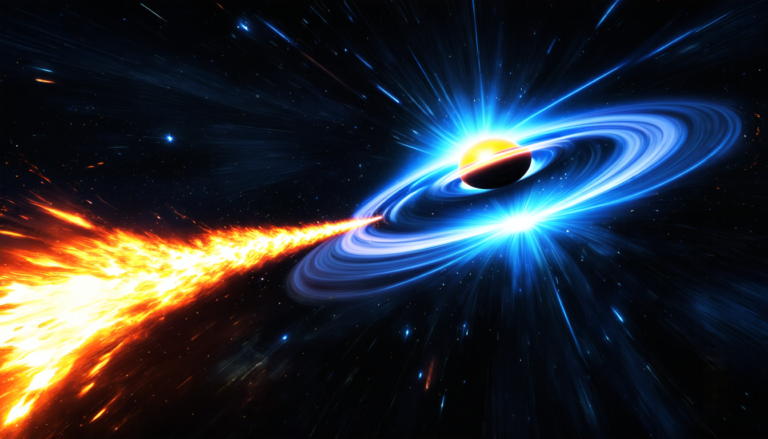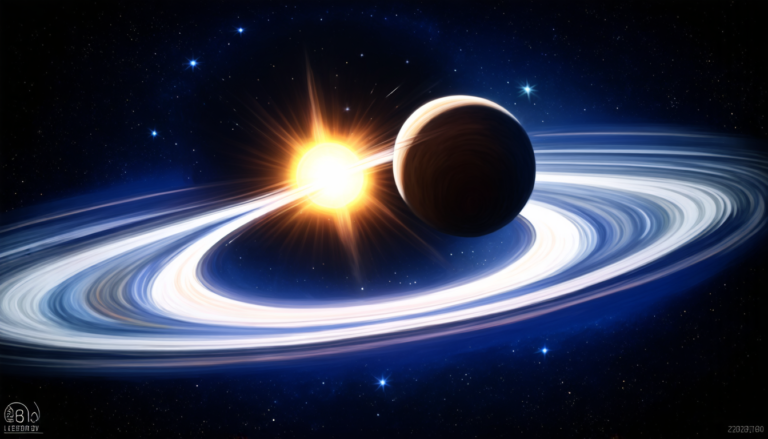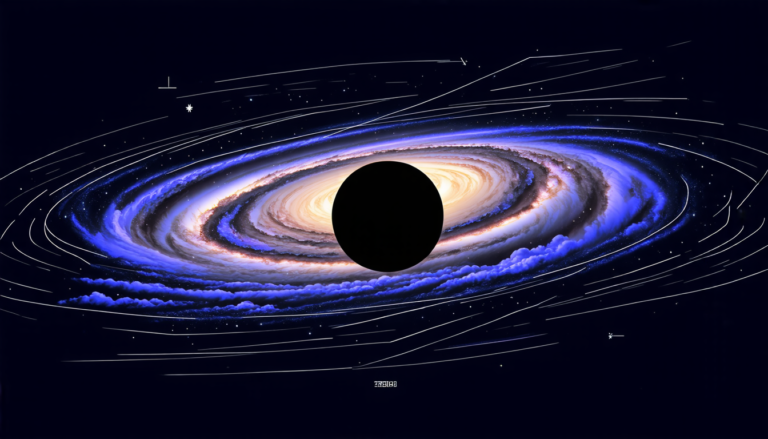Thursday 05 June 2025
Scientists have long been fascinated by the intricacies of timekeeping, and a recent breakthrough in the field has brought us closer than ever to achieving unparalleled precision. By harnessing the power of entanglement – a phenomenon where particles become connected and can affect each other even when separated by vast distances – researchers have successfully demonstrated a clock that surpasses the standard quantum limit.
This achievement is significant because it opens up new possibilities for exploring fundamental physics, redefining our understanding of time itself, and unlocking the secrets of the universe. The study, published in Nature, involved a team of scientists who utilized an optical lattice clock – a highly accurate device that uses lasers to trap and cool atoms to near absolute zero temperatures.
The researchers took it one step further by introducing entangled states into the mix. By doing so, they were able to achieve a level of precision previously thought impossible. The clock’s accuracy was measured at 1.1 x 10^-18, a staggering improvement over traditional methods that have been stuck at around 10^-17 for decades.
So what does this mean exactly? Put simply, it means we can now measure time with unprecedented accuracy – think minutes instead of hours, or even seconds instead of minutes. This could have far-reaching implications in fields such as navigation, where accurate timing is crucial for determining positions and velocities.
But the benefits don’t stop there. By pushing the limits of precision, scientists are also gaining a deeper understanding of the fundamental laws that govern our universe. For instance, researchers can now study the subtle effects of gravity on time itself, which could shed light on some of the most profound mysteries in physics, such as dark matter and dark energy.
The technology behind this breakthrough is nothing short of remarkable. By using entangled states to amplify the clock’s accuracy, scientists are able to achieve a level of precision that was previously thought impossible. This is because entanglement allows particles to ‘talk’ to each other across vast distances, effectively creating a kind of quantum internet.
As researchers continue to refine this technology, we can expect to see even more impressive achievements in the field of timekeeping. Imagine being able to synchronize clocks across the globe with precision that’s orders of magnitude better than what we have today. It’s a prospect that’s both exciting and unsettling – after all, our understanding of time is deeply tied to our perception of reality itself.
Cite this article: “Quantum Leap in Timekeeping: Entanglement-Based Clock Surpasses Standard Quantum Limit”, The Science Archive, 2025.
Entanglement, Precision, Clock, Timekeeping, Quantum, Particles, Accuracy, Navigation, Gravity, Physics







